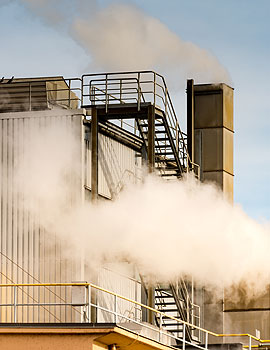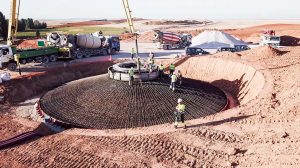The Role of Aluminium Fabricators in the Construction Industry

Aluminium is a lightweight, durable and malleable metal that has become an essential material in the construction industry. It offers various benefits such as corrosion resistance, high strength-to-weight ratio, and easy formability. As a result, aluminium fabricators play a crucial role in the construction sector.
In this article, we will explore the importance of aluminium fabricators in Dubai in the construction industry and how they contribute to the success of building projects.
The Importance of Aluminium Fabricators
Aluminium fabricators are specialized professionals who work with aluminium, creating custom-made products for various industries. In the construction sector, aluminium fabricators play a vital role in providing high-quality components and structures that withstand harsh weather conditions and last for decades.
One of the significant advantages of aluminium is its versatility. Aluminium fabricators can shape it into different forms and sizes, making it suitable for various building applications. They can produce curtain walls, windows, doors, roofing systems, and other architectural elements using advanced fabrication techniques.
Apart from its malleability, aluminium is also lightweight yet strong. This feature makes it an ideal material for constructing buildings that require large spans, such as airports, sports facilities and commercial buildings. It is also resistant to corrosion, ensuring that structures remain in excellent condition for an extended period.
The Role of Aluminium Fabricators
Aluminium fabricators are involved in various stages of the construction process. They collaborate with architects and engineers during the design phase to ensure that all specifications are met. They use advanced software and tools to create detailed plans for the fabrication process.
During the fabrication stage, aluminium fabricators use different techniques such as cutting, bending, welding, and assembling to produce high-quality components. They follow strict quality control measures to ensure that each part meets industry standards and project requirements.
Once the components are fabricated, aluminium fabricators work closely with contractors and construction teams during installation. They ensure that the structures are assembled correctly, and all components fit seamlessly to create a durable and aesthetically-pleasing final product.
Advantages of Aluminium Fabrication
Aluminium fabrication offers numerous benefits for building construction. Some of these advantages include:
- Durability: Aluminium is highly resistant to corrosion, making it suitable for buildings in coastal areas or those exposed to extreme weather conditions.
- Lightweight: Compared to other construction materials, aluminium is lightweight yet strong. This feature reduces the load on the building’s foundation and allows for more design flexibility.
- Sustainability: Aluminium can be recycled multiple times without losing its properties, making it an environmentally-friendly choice for construction.
- Cost-effective: The use of prefabricated aluminium components reduces production time and labor costs, resulting in overall cost savings for the construction project.
- Versatility: Aluminium can be easily manipulated into various shapes and designs, allowing for endless possibilities in building design.




